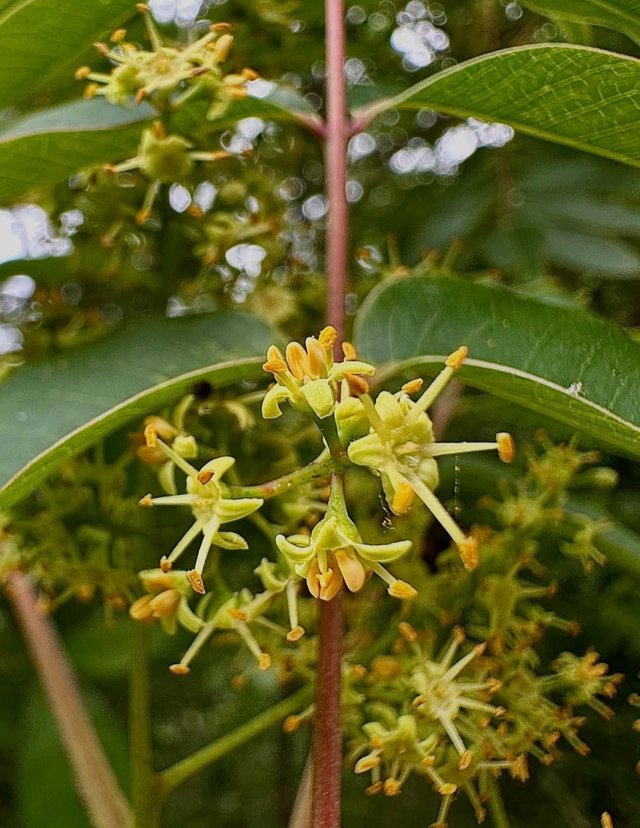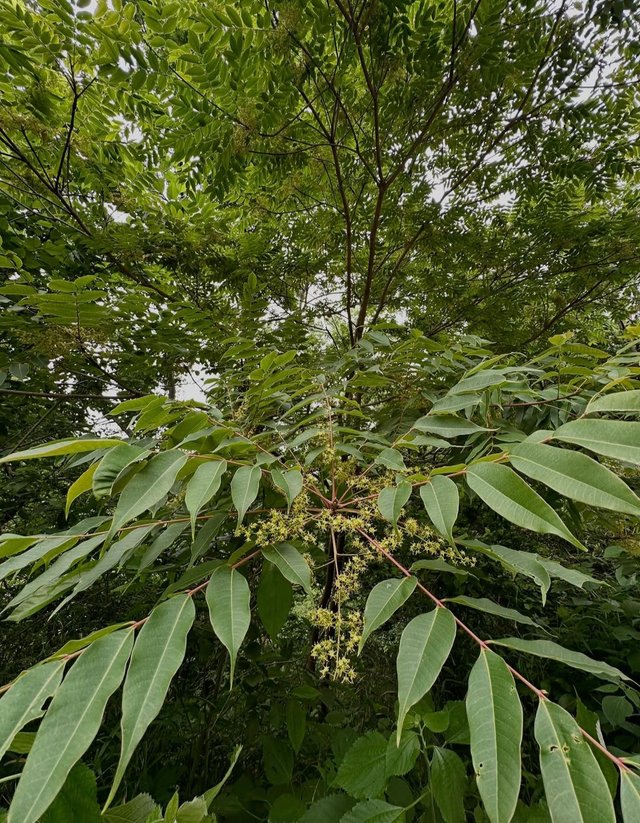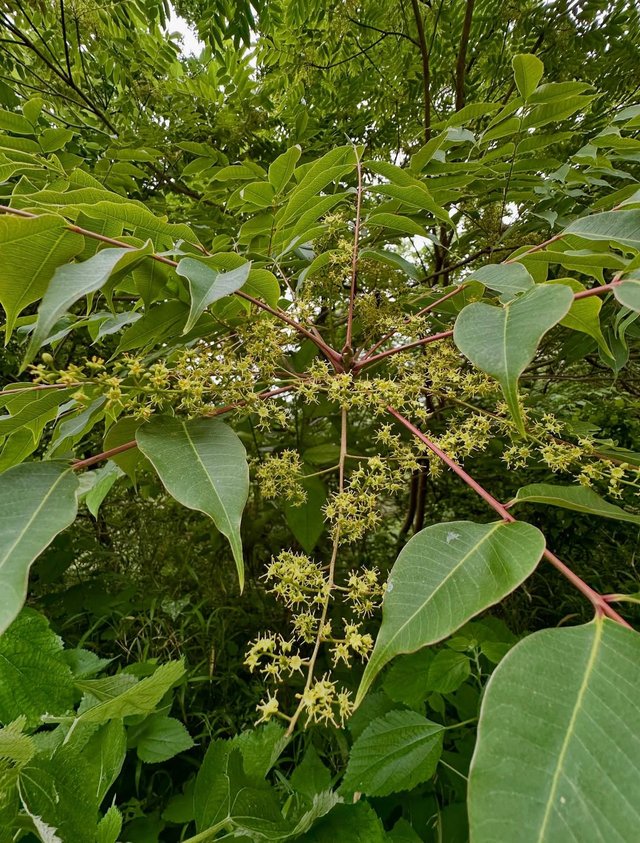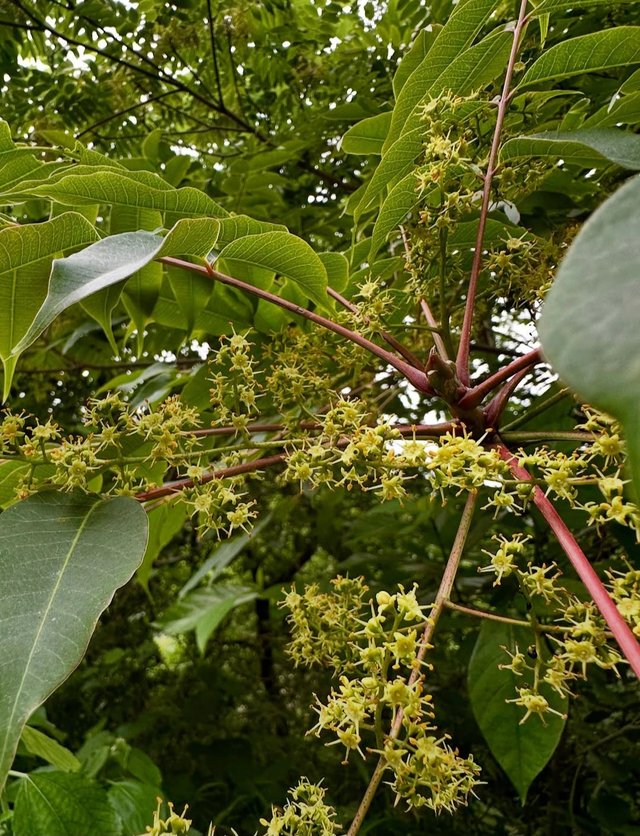Enigmatic Embelia Flower
In the vast and diverse world of flowering plants, many species remain relatively obscure despite their ecological importance and botanical beauty. One such underrated marvel is the Embelia flower, a genus of climbing shrubs known for their delicate flowers and medicinal fruit. Though not as widely celebrated as roses or lilies, Embelia species—particularly Embelia ribes—hold a treasured place in traditional medicine, forest ecology, and botanical gardens.
Embelia plants are typically woody climbers or scandent shrubs, which means they often grow by climbing over other vegetation in forests. The flowers themselves are small, star-shaped, and often pale in color—white, cream, or light pink—with a gentle fragrance that attracts pollinators. Despite their modest size, these flowers are crucial reproductive organs that lead to the formation of small, round berries.Embelia thrives in tropical and subtropical climates, growing naturally in the dense forests of India, Sri Lanka, Southeast Asia, and parts of Africa. These plants prefer moist, well-drained soils and are often found in semi-evergreen forests and hillsides. Their climbing nature allows them to ascend trees and sprawl over bushes, giving them an ecological niche within layered forest vegetation.
They are relatively hardy and can be cultivated in garden trellises or forest gardens given the right conditions—warmth, humidity, and dappled sunlight.In parts of India and Sri Lanka, the use of Embelia fruits in traditional rituals and spiritual practices underscores its sacred status. It is sometimes used in cleansing ceremonies or ground into powders for symbolic applications.Although the flowers themselves are not typically the centerpiece of religious offerings, their presence in the forest and their role in supporting the life of the plant that yields such revered berries gives them an indirect yet vital spiritual value.



